In a landmark moment for LGBTQ+ rights in India, the legalization of gay marriage has ushered in a new era of love and acceptance for same-sex couples in the country. The long-awaited decision has been met with celebration and relief by the LGBTQ+ community, marking a significant step towards equality and inclusivity in Indian society. Let’s explore the impact of this historic event and the journey towards embracing love in all its forms.
Love Knows No Gender
When it comes to love, there are no boundaries to who can love whom. Love goes beyond gender norms and expectations, allowing individuals to form deep connections with anyone regardless of their gender identity. This concept challenges societal norms and encourages people to embrace love in all its forms.
Whether it is a romantic relationship, friendship, or familial bond, . It is a powerful force that can bring people together and create lasting connections. By recognizing that love transcends gender, we can foster a more inclusive and accepting society that celebrates love in all its diverse manifestations. Love is a universal language that speaks to the heart, and it knows no bounds when it comes to who we can love.
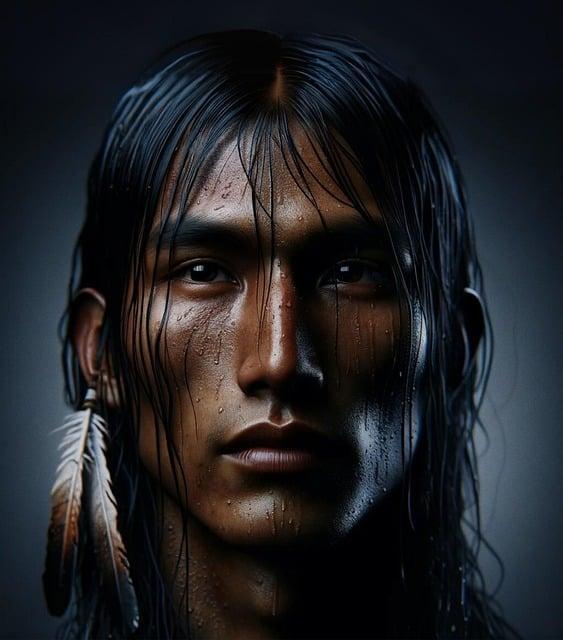
Historical Context of Indian Gay Marriage
India has a long and rich history of diverse cultural and religious traditions that have shaped the societal attitudes towards marriage and relationships. The roots of Indian gay marriage can be traced back to ancient texts and scriptures that mention various forms of non-binary relationships and same-sex unions.
Throughout history, Indian society has been known for its acceptance and celebration of diverse sexual orientations and gender identities. The concept of same-sex marriage has been prevalent in several ancient Indian civilizations, such as the Indus Valley and Vedic periods. These civilizations often recognized and acknowledged the existence of queer relationships and included them in their societal norms and practices. Over time, these traditions evolved and influenced the modern understanding of LGBTQ+ rights and marriage equality in India.
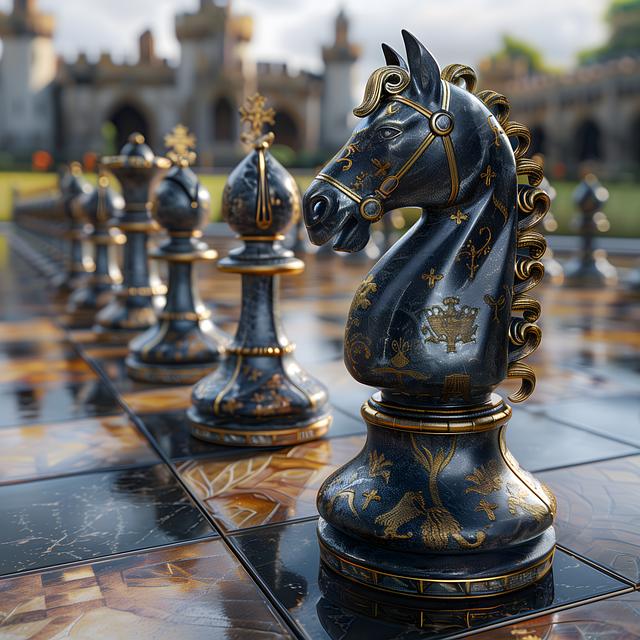
Challenges Faced by the LGBTQ+ Community
One of the main is discrimination. This discrimination can manifest in various forms, including verbal abuse, physical violence, and exclusion from certain spaces. Members of the LGBTQ+ community may face discrimination in their workplaces, schools, or even within their own families. This can have a devastating impact on their mental health and overall well-being.
Another challenge that the LGBTQ+ community often faces is lack of legal protection. In many parts of the world, LGBTQ+ individuals do not have the same legal rights as their heterosexual counterparts. This can make it difficult for them to access healthcare, housing, and other basic services. Additionally, LGBTQ+ individuals may face challenges when it comes to legal recognition of their relationships, such as marriage or adoption rights. These legal barriers can create additional stress and uncertainty in the lives of LGBTQ+ individuals.
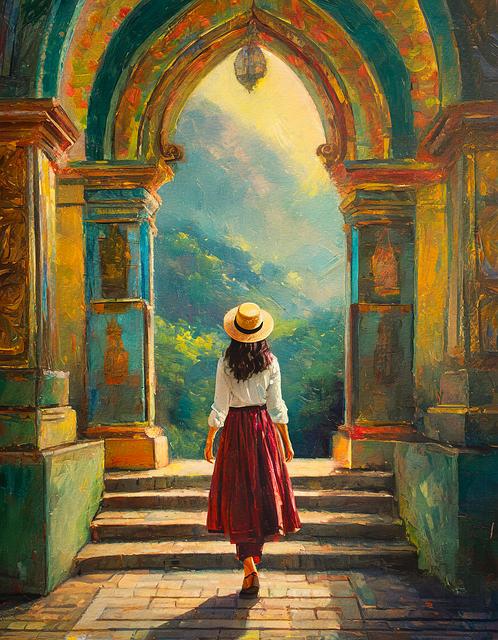
Steps Towards a More Inclusive Society
Creating a more inclusive society involves taking conscious steps towards embracing diversity and promoting equality for all individuals. One essential step is to educate ourselves and others about the importance of inclusivity. By learning about different cultures, beliefs, and perspectives, we can foster understanding and empathy, ultimately breaking down barriers that divide us.
Another key step towards inclusivity is actively listening to marginalized voices and amplifying their experiences. This involves creating spaces where individuals from all backgrounds feel heard and respected. By making an effort to seek out and elevate diverse voices, we can work towards building a society that values the unique contributions of every individual, regardless of their race, gender, sexual orientation, or abilities.
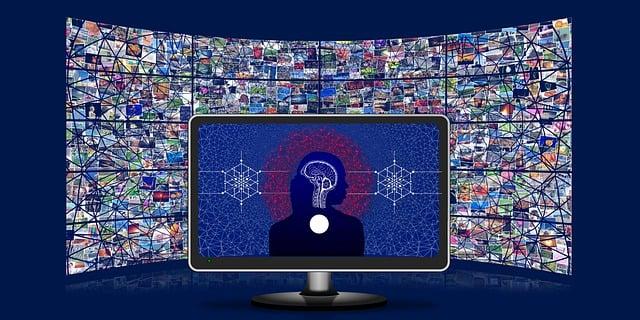
Importance of Legal Recognition
Legal recognition is crucial for ensuring the protection of individuals’ rights and identities. When a relationship or status is legally recognized, it provides a sense of validation and security for those involved. This recognition can also have significant implications in various legal matters, such as inheritance rights, immigration status, and access to benefits.
Furthermore, legal recognition helps in reducing discrimination and stigma towards certain groups of people. By acknowledging and accepting the diverse identities and relationships within society, it promotes equality and inclusivity. Additionally, legal recognition can serve as a powerful tool for advocacy and social change, shaping policies and practices to better reflect the needs and rights of all individuals.

Supporting LGBTQ+ Rights through Education
In order to promote diversity and inclusivity in our society, it is crucial to support LGBTQ+ rights through education. By incorporating LGBTQ+ inclusive curriculum into schools, we can create a more accepting and understanding environment for all students. This not only helps to educate individuals about the struggles and experiences of LGBTQ+ individuals, but also fosters empathy and compassion towards the community.
Educating students about LGBTQ+ rights can help to dismantle harmful stereotypes and discrimination that they may have internalized. Providing resources and information about the history of LGBTQ+ rights movements can empower students to become allies and advocates for the community. By promoting education on LGBTQ+ rights, we can work towards a more equitable and accepting society for all individuals, regardless of their sexual orientation or gender identity.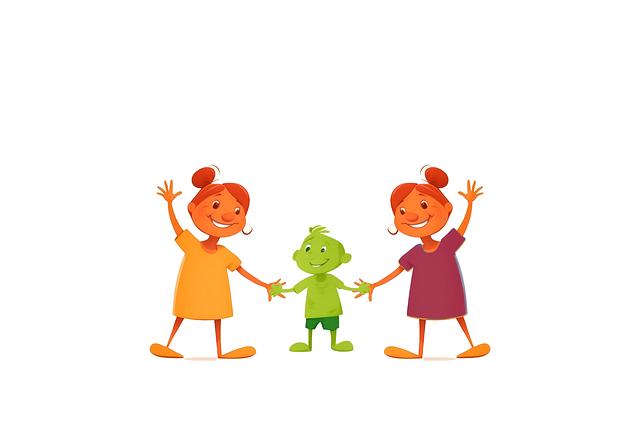
Celebrating Diversity and Love
In a world where differences are often a source of division, becomes more important than ever. Embracing people of all backgrounds, ethnicities, and beliefs not only enriches our lives but also promotes a harmonious society where everyone feels valued and respected.
Love knows no boundaries, and it is through acceptance and understanding that we can truly celebrate the beauty of diversity. By embracing individuality and differences, we open ourselves up to new perspectives, ideas, and experiences that shape us into more compassionate and empathetic beings. Let us come together in solidarity, united by our shared humanity and a deep appreciation for the rich tapestry of cultures and identities that make our world a vibrant and colorful place.
Frequently Asked Questions
Q: What is the current legal status of gay marriage in India?
A: Gay marriage is not legally recognized in India, as same-sex relationships are still criminalized under Section 377 of the Indian Penal Code.
Q: How are couples in same-sex relationships celebrating their love in India?
A: Despite the legal hurdles, many couples in same-sex relationships in India are celebrating their love through commitment ceremonies, private gatherings, and community events.
Q: What challenges do same-sex couples face in their relationships in India?
A: Same-sex couples in India face challenges such as societal stigma, lack of legal recognition and protections, and discrimination in various aspects of life.
Q: Are there any organizations or initiatives supporting LGBTQ rights and marriage equality in India?
A: Yes, there are several organizations and initiatives in India that are working towards LGBTQ rights and marriage equality, such as the Naz Foundation, Humsafar Trust, and the Pride movement.
Q: How can individuals show support for the LGBTQ community in India?
A: Individuals can show support for the LGBTQ community in India by advocating for equal rights and protections, supporting LGBTQ-friendly businesses and events, and educating others about the importance of acceptance and inclusion. Indian gay marriage celebrates love and acceptance, marking a significant step towards equality and inclusivity in society.


